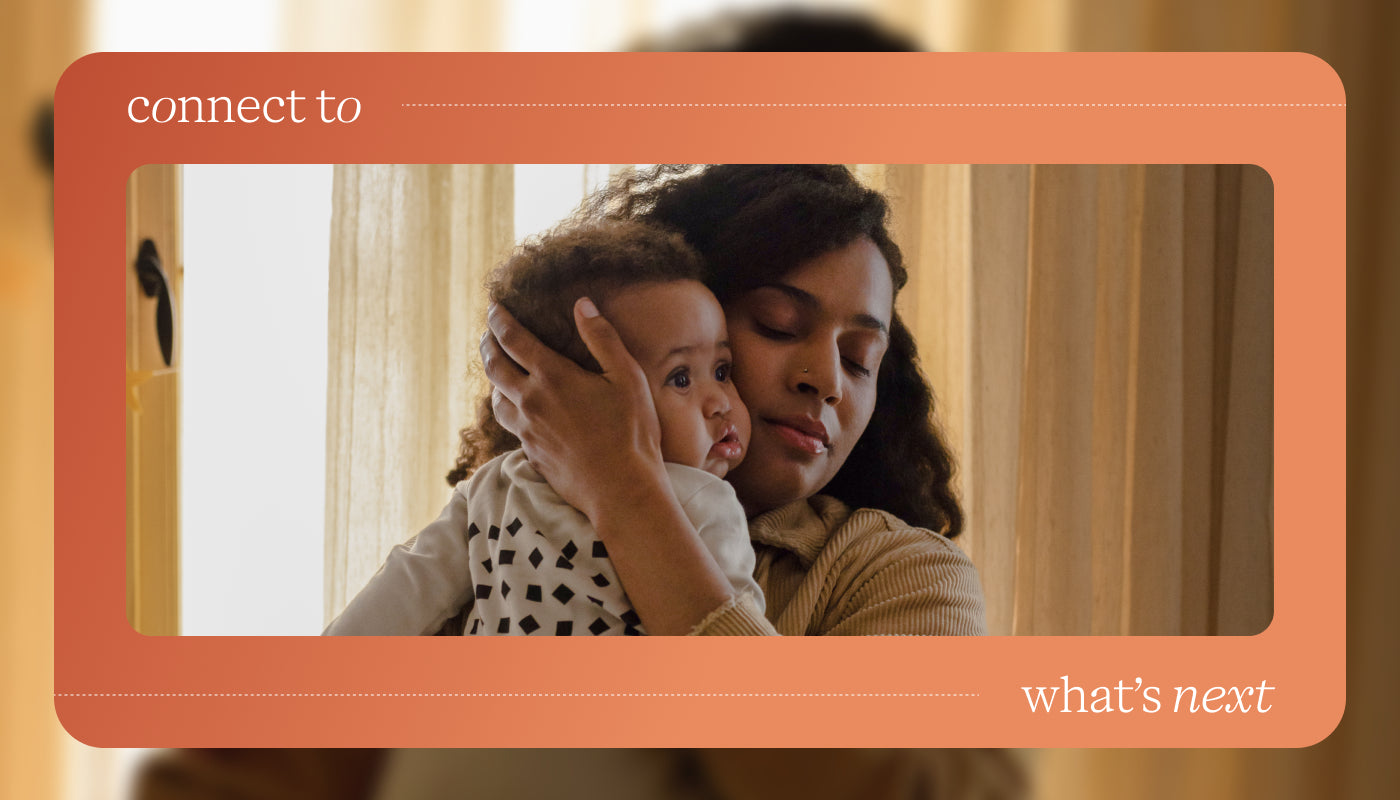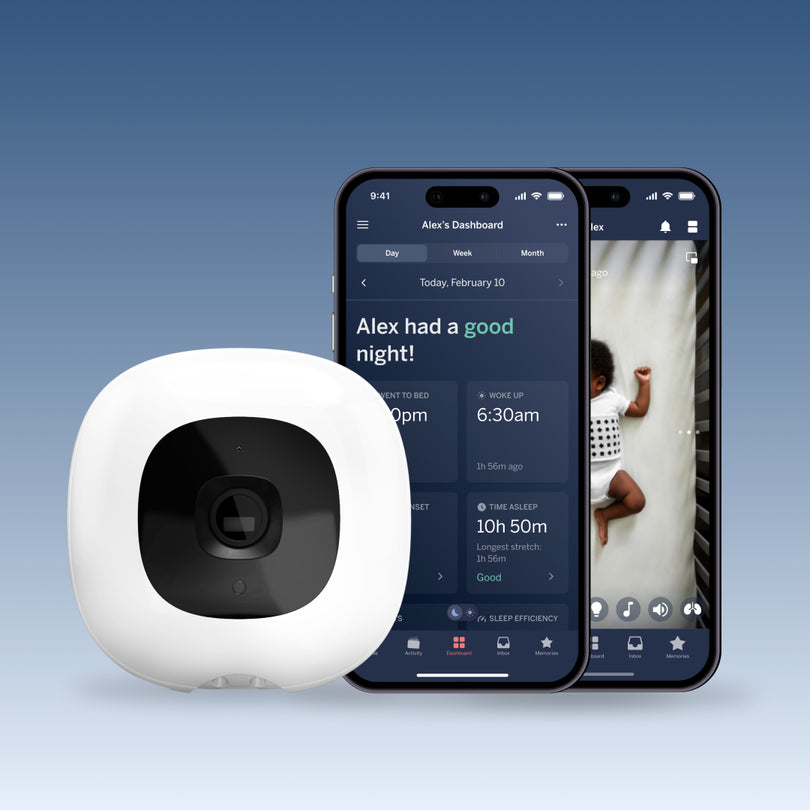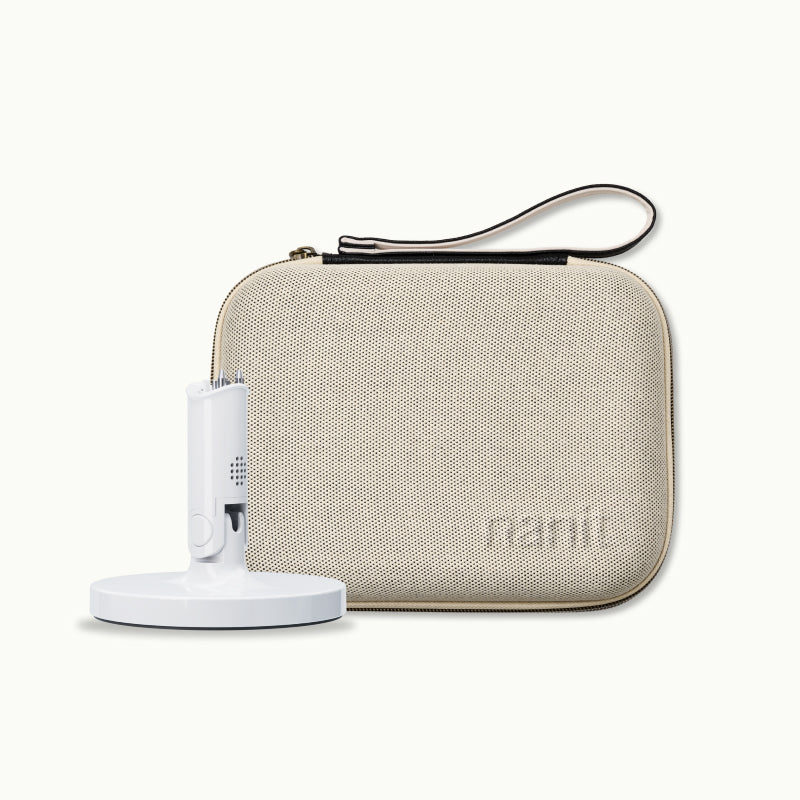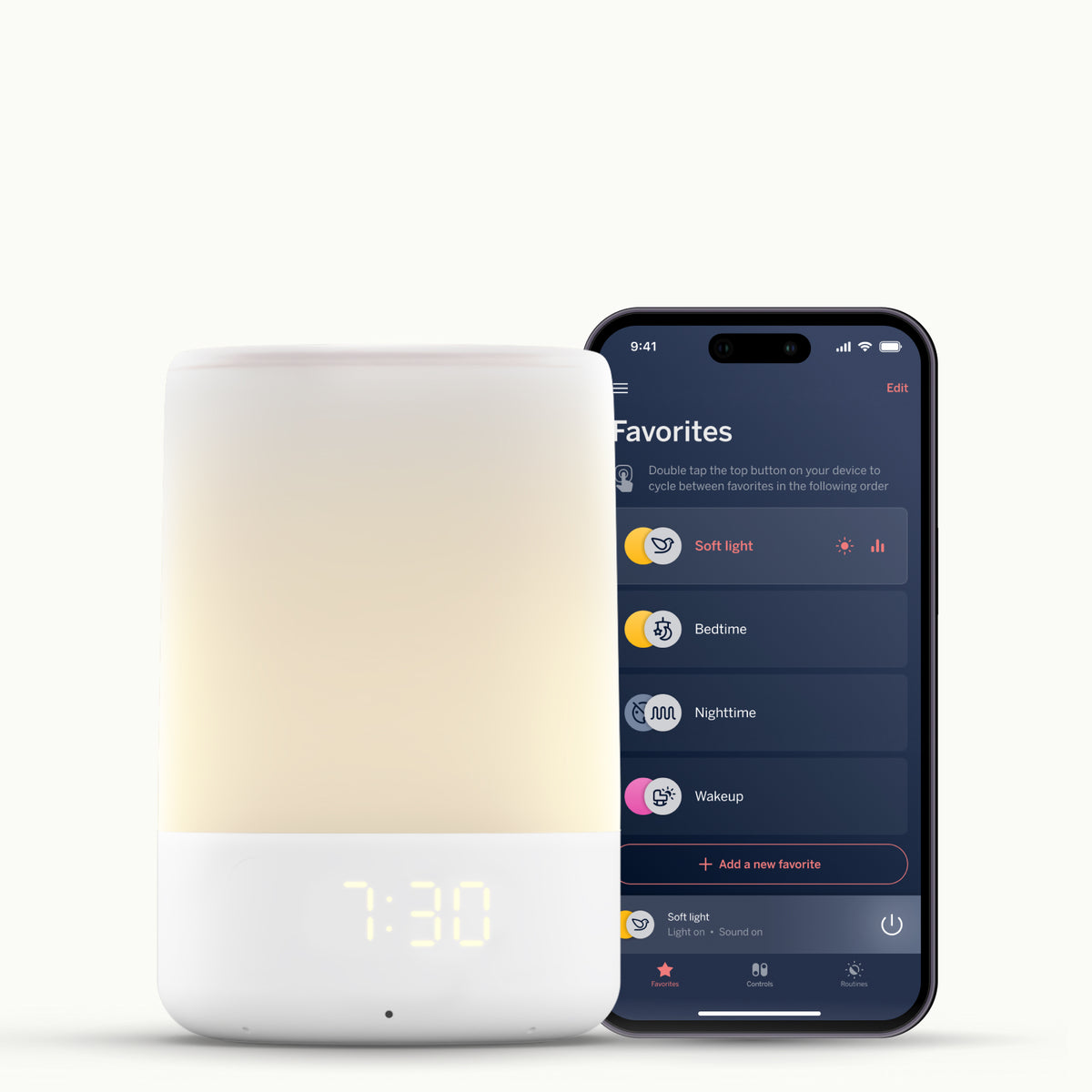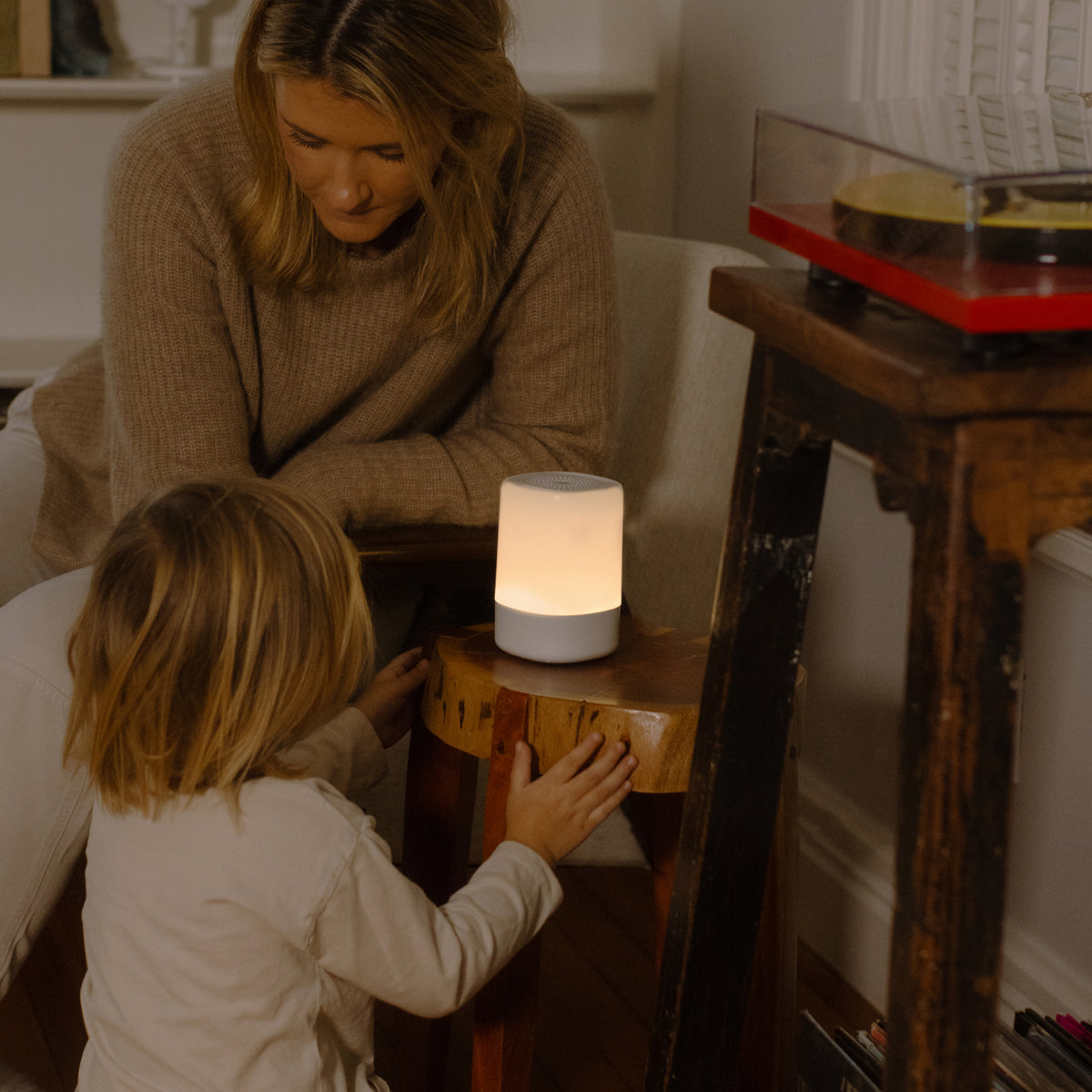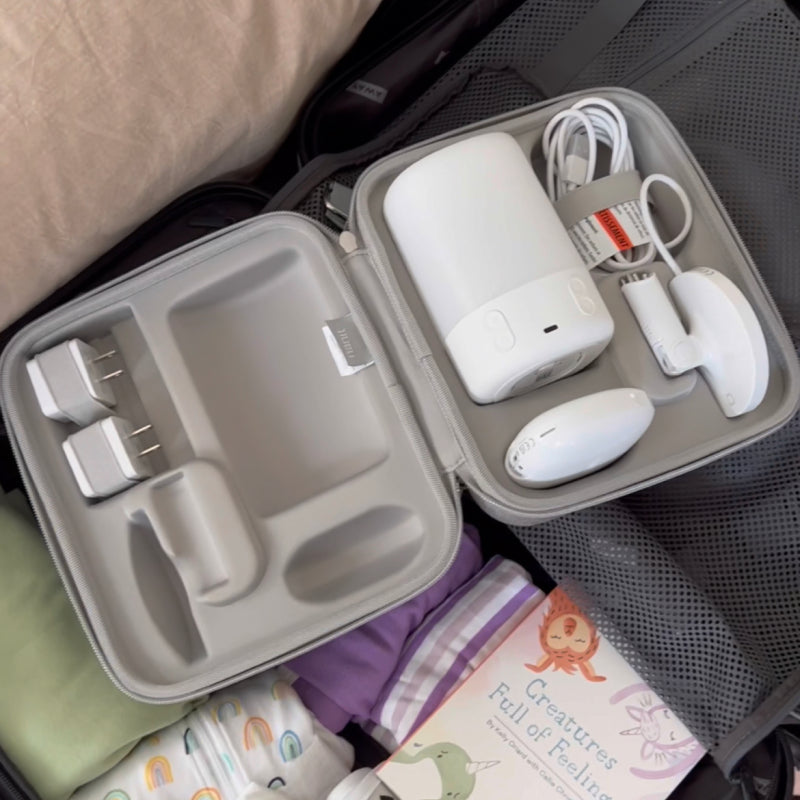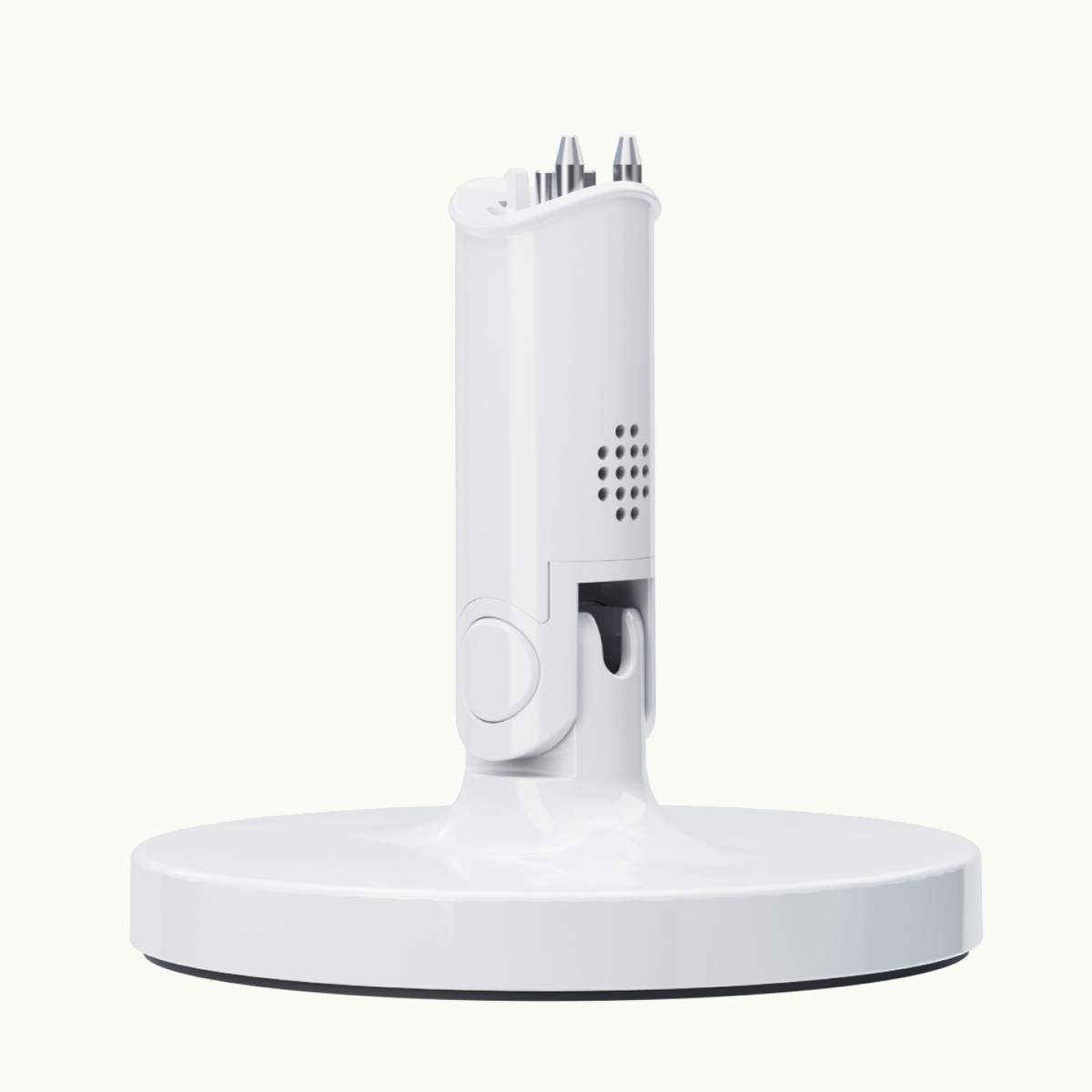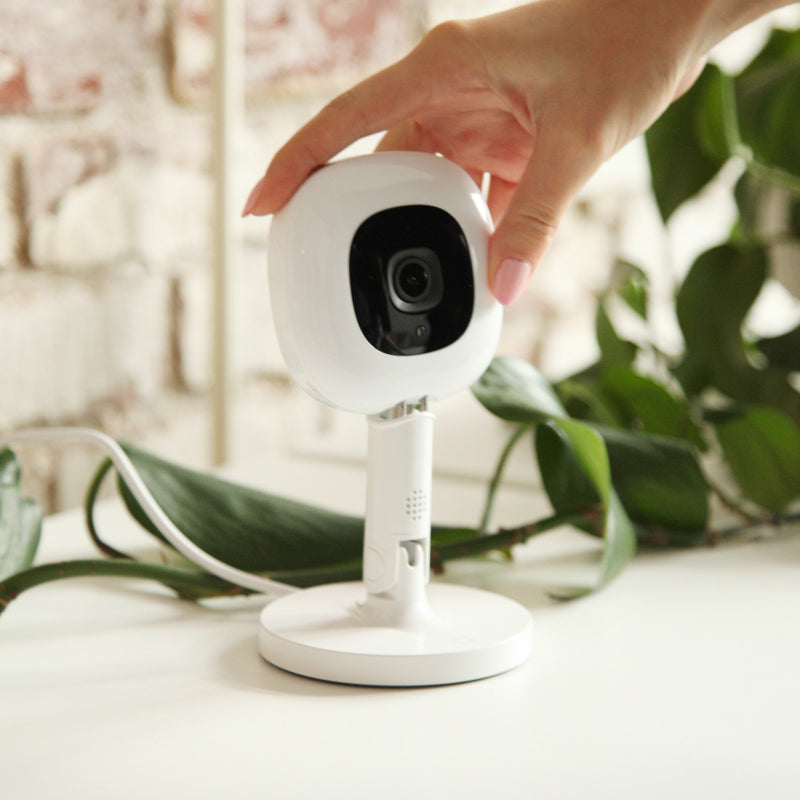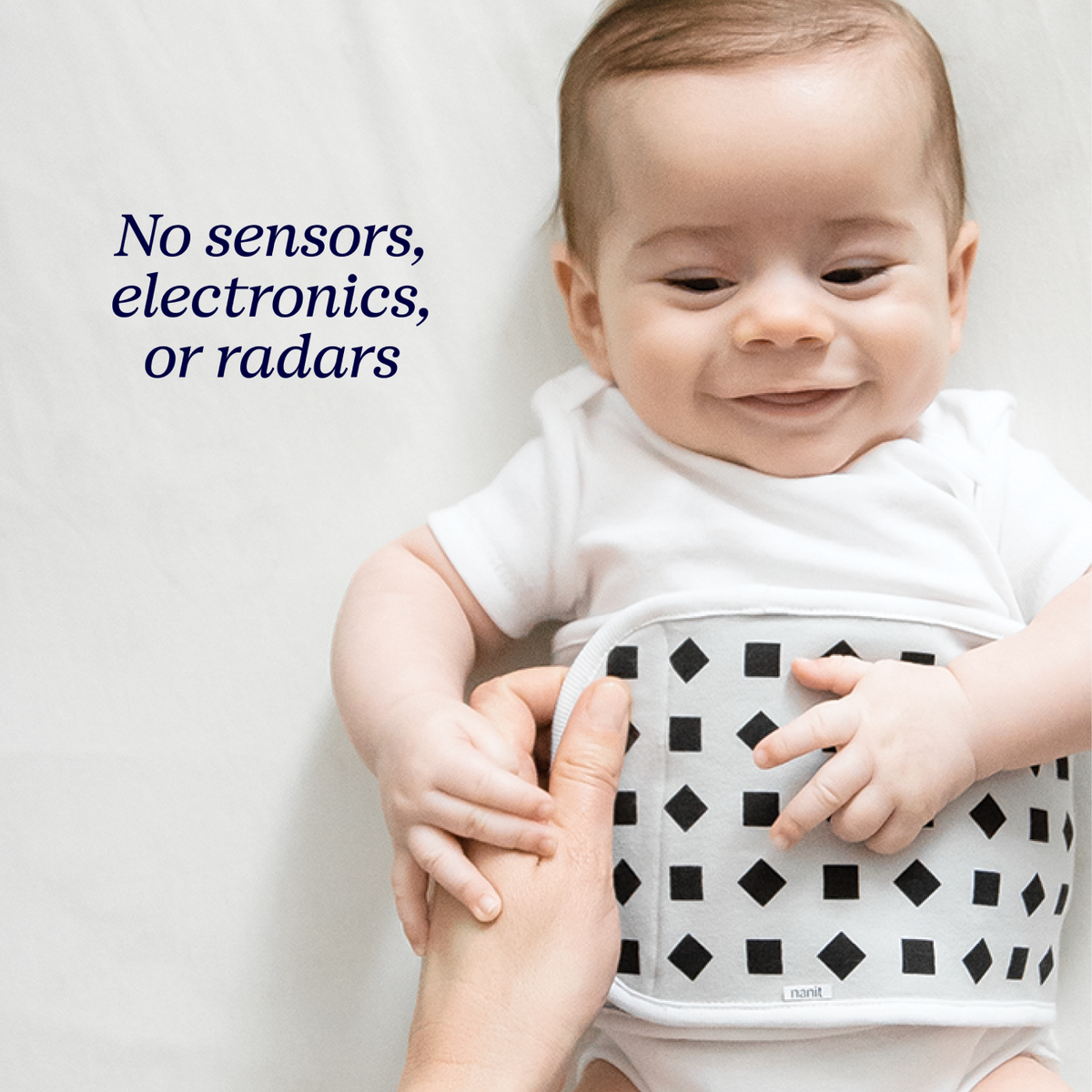Our friends at Reproductive Medicine Associates (RMA) have shared why National Infertility Awareness Week exists and ways to support those struggling with infertility. Reproductive Endocrinologist Dr. Emily Osman also shares more about whether or not it’s time to see a fertility doctor, and if so, what you can expect at your first appointment at a fertility clinic.
So, what is NIAW?
National Infertility Awareness Week (NIAW) is a campaign aimed to raise awareness around infertility and help change the conversation. Anyone can be challenged to have a family, in fact, infertility is common with one in eight couples in the U.S struggling to get pregnant. NIAW brings the community closer together and creates a platform for people to raise their voices. With so many in-person events canceled because of COVID-19, people with infertility and those struggling to build a family need support more than ever. No matter what race, religion, sexuality or economic status, infertility does not discriminate.
When do you know if you need to see a fertility doctor? Dr. Osman shares how to know if it’s time.
If you’ve been trying to get pregnant for a while, chances are you’re wondering if that’s normal. Plus, you hear conflicting things from everyone around you about how long it should take – it took your sister several months to get pregnant naturally, it worked on the first try for your best friend, and your OB/GYN mentioned something about six months. Fortunately, there is official guidance from The American College of Obstetricians and Gynecologists (ACOG) about when to see a fertility doctor, also known as a reproductive endocrinologist. And that timeline corresponds to the definition of infertility.
When should you visit a fertility doctor?
- For women younger than 35 years old who have been trying unsuccessfully for one year or more, it’s time to see a specialist.
- For women 35 years or older, it’s time to see a specialist if you’ve been trying without luck for six months.
- For women that do not have regular menstrual cycles, an evaluation should be pursued when first trying to conceive.
What can you expect at your first appointment at a fertility clinic?
If you fall in one of the categories described above, you stand to benefit from an appointment with an expert who can provide answers. And you might be surprised at what you learn. For example, did you know that in just one-third of cases, the infertility issue is with the female? In another one-third of cases, it’s with the male, and in the last third, both partners contribute to infertility. Only a fraction of couples receives a diagnosis of unexplained infertility.
Fertility Treatment Options
But for these couples, there is hope, treatment, and a light at the end of the tunnel. In Vitro Fertilization success rates (how often a patient gets pregnant with the treatment) are the highest of any other treatment, and at RMA, those are higher than the national average (meaning higher than most other clinics). For couples that have milder fertility issues, Intrauterine Insemination (IUI), is a good starting point.
But before you decide if treatment is right for you, you’ll have your first visit at a fertility clinic, and the visit will have three parts:
- You’ll meet your doctor and discuss how long you’ve been trying and your medical and family history
- The doctor will perform a vaginal ultrasound to check your ovaries and the number of follicles inside (follicles contain eggs)
- You’ll get blood work done to check your hormone levels. Your partner will also complete a semen analysis. In a few days, once your results come in, you and your doctor will review the findings and come up with a plan – whether that’s treatment, further testing, or another path forward.
Not getting pregnant when you want can be discouraging, and seeking help can be intimidating. But the good news is that once you do, and you get answers, you’re never alone anymore – your doctor, nurse, and support staff are all with you, rooting for your success.

